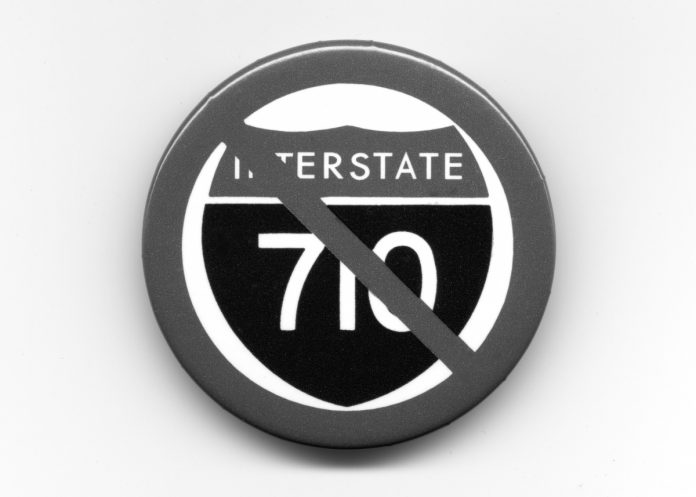
This week’s feature concludes our look back at our city’s unique 125-year history at the “crossroads” of a myriad of competing public transportation and community interests.
Described as a modern-day Mayberry and Norman Rockwell painting come to life, South Pasadena is home to a fearsome clan of freeway fighters known for their valiant effort to protect the city’s small-town quality of life.
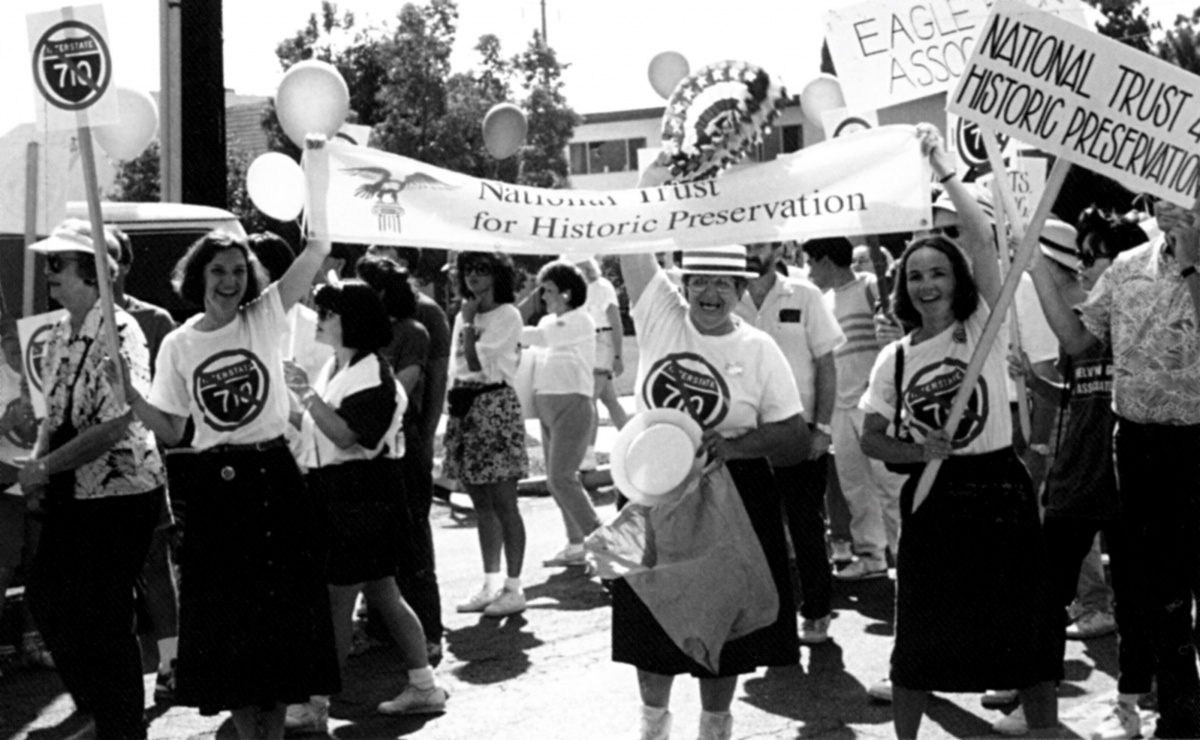
I coined the slogan “The Fight” to represent our city’s legendary opposition to the 710 freeway extension. It is first mentioned in my book South Pasadena and has since been referenced by the press and used by local freeway fighters.
The Fight is the on-going resistance movement made up of our residents and the city to thwart plans for completion of the I-710 through South Pasadena above (surface) or below ground (tunnel).
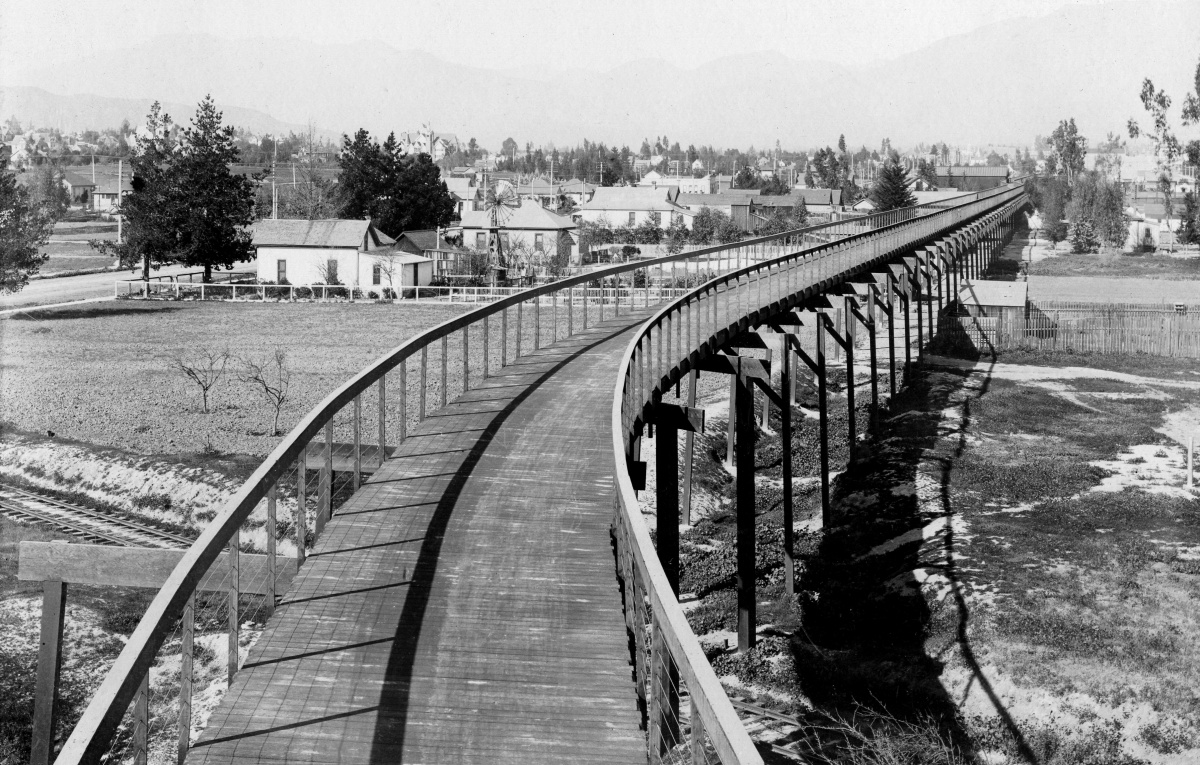
South Pasadena is situated at the intersection of two transportation corridors:
The first corridor, The Arroyo Seco Parkway (opened on December 30, 1940) is the completion of the Los Angeles and San Gabriel Valley passage. The fruition of an earlier proposed bicycle route (California Cycleway), four separate rail lines, and U.S. Route 66.
The second corridor passes through South Pasadena again as the unfinished portion of Interstate 710 highway (I-710), also known as “Los Angeles River Freeway” or “Long Beach Freeway.”
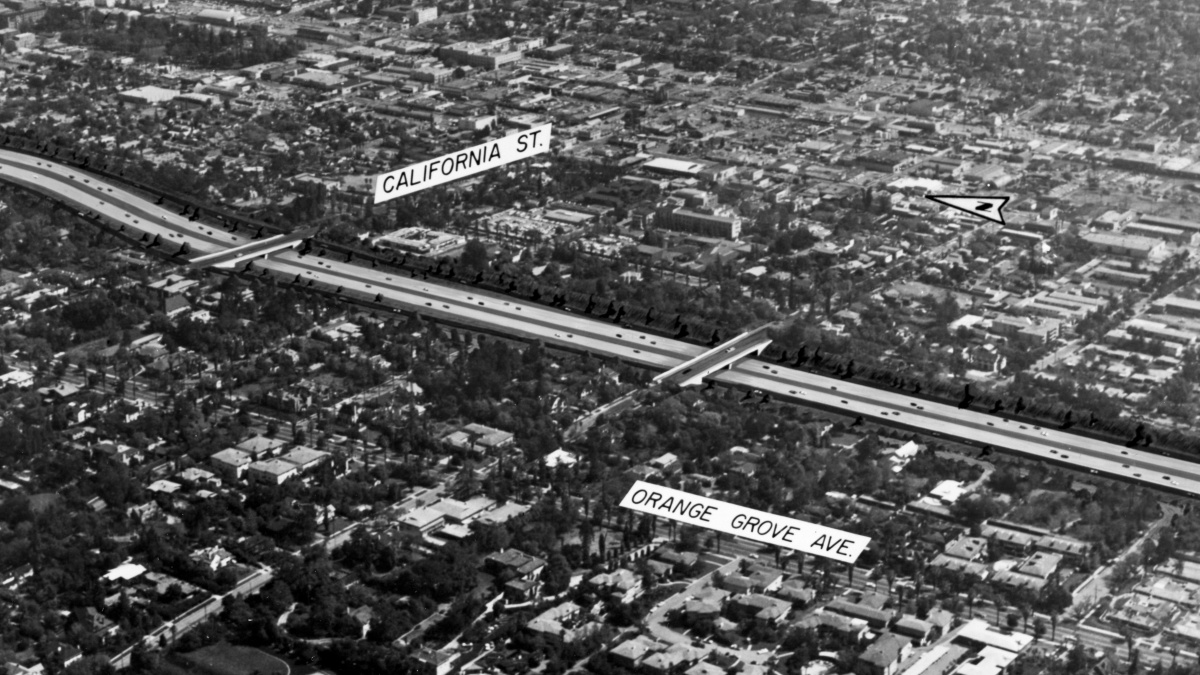
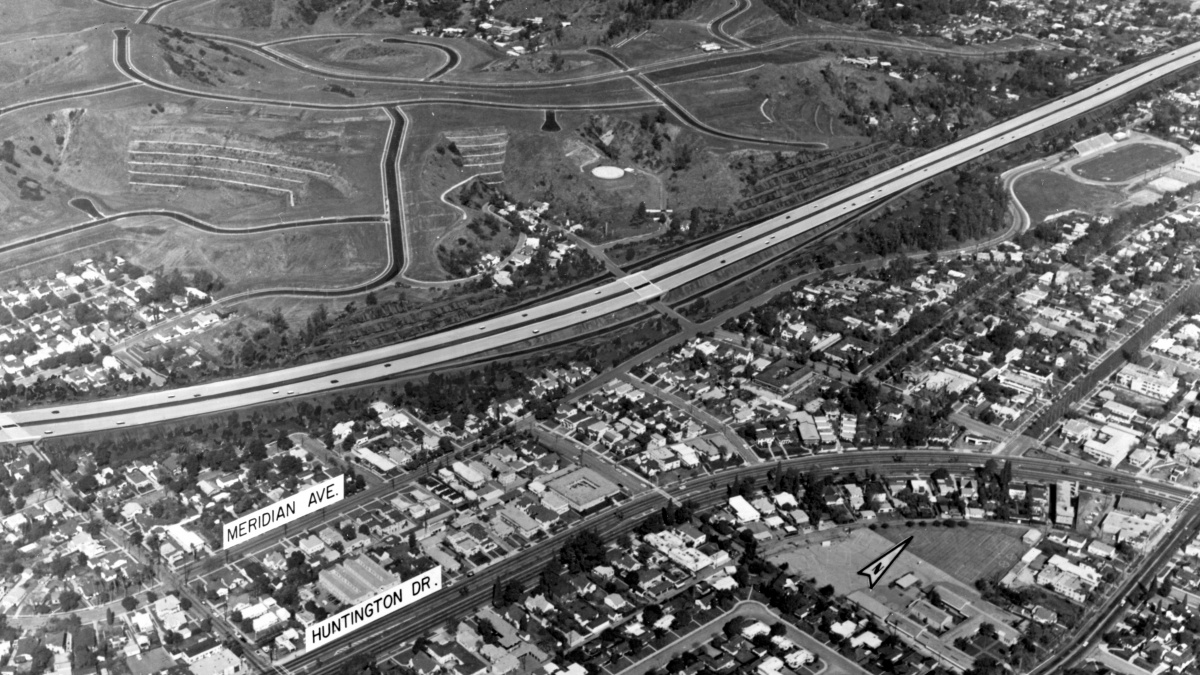
The Fight is over a half-century old. Our residents’ opposition to the I-710 Freeway extension is legendary in suburban efforts to maintain cultural identity: “South Pas,” as our residents know it, was named five times on the National Historic Register’s top-10 list of “Most Endangered Places.” The city’s resistance to outside forces threatening to erode its rich heritage has made our “little guy” municipality a giant in the historic-preservation battle.
South Pas has a colorful history of those willing to do battle (partial list of early fighters): John J. McCrory (vocal against the original Meridian Route), Henry Dreyfuss, Thelma Clark, Ray Bradbury, Ted Shaw, Bob and Bea Siev, Elizabeth Madley, Clarice and Harry Knapp, Amedee “Dick” Richards, Jess Reynolds, Joanne Nuckols, Sam Knowles, Anita and Diana Stoney, Dave Margrave, Jane Matyas, Bill & Mary Lee Harker, Jannie Kwok, Mary Ann Parada and the “fearless leader” Alvalee Arnold.
Famed industrial designer Henry Dreyfuss offered his South Pasadena studio as a meeting place during the early stages of the freeway fight. Dreyfuss said it would be “suicide” if the group acquiesced to Cal Trans’ plans to build the 710 freeway through the city. Today the fight has become a national debate. Freeways may, in fact, be undesirable if they threaten a city’s right to exist.
Throwback Thursday is written and produced by Rick Thomas















.png)






